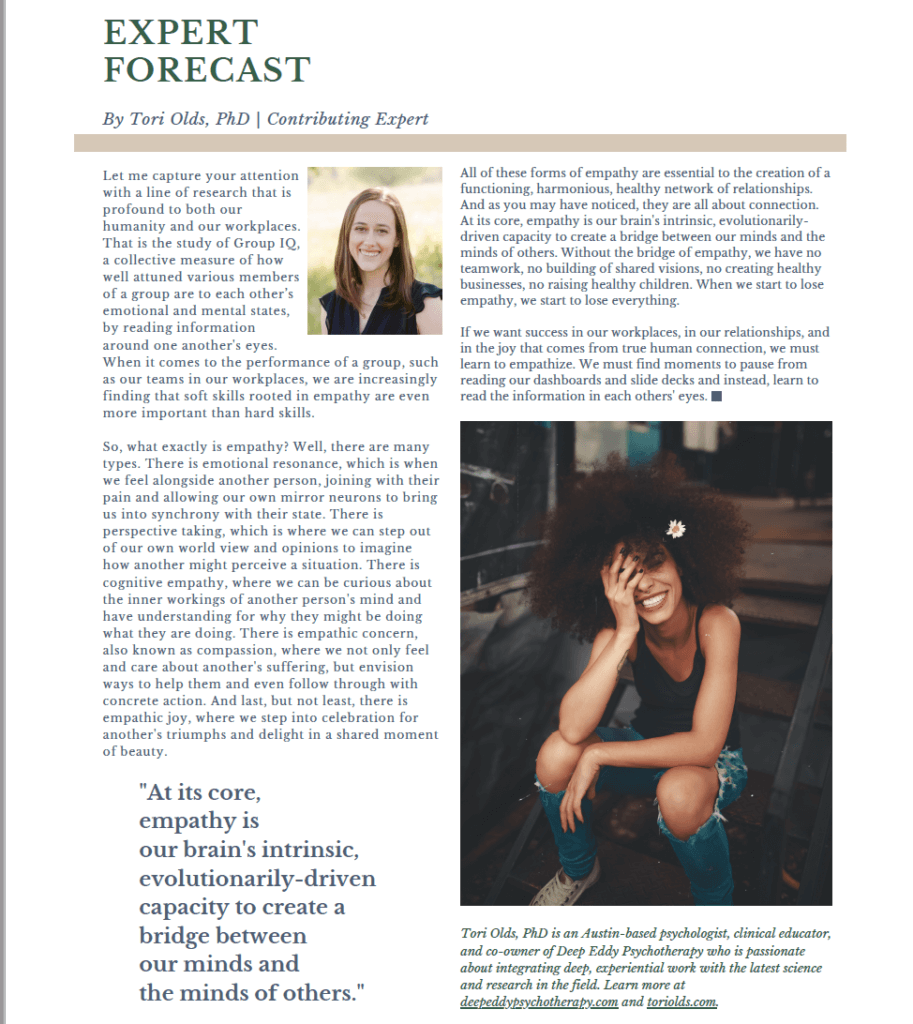

The problem is that we rarely point our spotlights in the directions that need our attention the most. It does a wonderful job of illuminating what it is pointed at but leaves everything else in the dark. The first argument against empathy is that is acts like a spotlight. It can spark violence our empathy for those close to us is a powerful force for war and atrocity toward others.” (pg. It is innumerate, favoring the one over the many. It is shortsighted, motivating actions that might make things better in the short term but lead to tragic results in the future.

Empathy is biased, pushing us in the direction of parochialism and racism. This makes us care more about them, but it leaves us insensitive to the long-term consequences of our acts and blind as well to the suffering of those we do not or cannot empathize with.

“Empathy is a spotlight focusing on certain people in the here and now. Empathy, on the other hand, is a trait that often motivates actions that are immoral and lead to poor outcomes. Those are all important traits that make the world a better place. It’s important to distinguish this from morality, kindness and compassion, Bloom argues. Below I summarize a few of the main arguments that Bloom makes for the case against empathy, along with my thoughts on how these arguments align with a better vision for international development.īloom defines empathy as “the act of feeling what you believe other people feel - experiencing what they experience” (pg. I recently came across a book titled “Against Empathy: The Case for Rational Compassion,” written by the Yale psychology professor Paul Bloom, and I am convinced that it needs to be added to a list of must-read books for anyone interested in international development.

This post first appeared on P4H Global’s Redefining Aid blog.


 0 kommentar(er)
0 kommentar(er)
